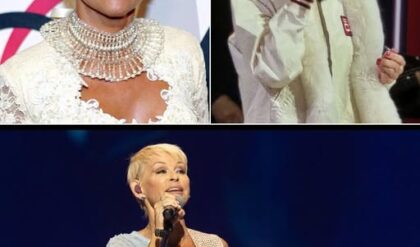Larry Ellison and Elon Musk recently implored Nvidia Corp. (NASDAQ:NVDA) CEO Jensen Huang for additional GPUs during a dinner at Nobu Palo Alto.
What Happened: During a meeting with analysts last week, Ellison, co-founder and CTO of Oracle Corp. (NYSE:ORCL), revealed that he and Tesla Inc. (NASDAQ:TSLA) CEO Musk “begged” Huang for more GPUs.
Ellison humorously recounted, “Please take our money. By the way, I got dinner. No, no, take more of it. We need you to take more of our money please.”
The dinner’s outcome was positive, according to Ellison, who said, “It went ok. I mean, it worked.” Ellison, whose fortune is estimated at $206 billion, according to Forbes, has a history of anticipating technological shifts and positioning Oracle to benefit from them.
Oracle has maintained a strong relationship with Nvidia, which dominates the artificial intelligence chip market. The company is heavily investing in GPU technology for AI applications, with revenues up 7% to $13.3 billion in the first quarter of fiscal 2025.
Similarly, Tesla relies on Nvidia GPUs to train its neural networks for self-driving technology. Ellison emphasized the importance of being the first to build the most capable neural network, stating, “It’s a big deal.”
Why It Matters: The global supply of high-performance memory chips is expected to remain constrained throughout 2024, driven by the soaring demand for artificial intelligence technology. Leading memory chip suppliers like SK Hynix and Micron Technology Inc. are already facing shortages, with stock for 2025 nearly depleted.
In May, Musk acknowledged and praised Nvidia’s impressive market cap, which had reached $2.55 trillion, making it the third most-valued global corporation.
In June, Musk justified his decision to divert Nvidia chips meant for Tesla to his other ventures, X and xAI, explaining that the existing factory space was already allocated to vehicle, battery, and cell production.
The demand for Nvidia’s RTX 4090 graphics cards has also surged, leading to a supply crisis exacerbated by U.S. sanctions on advanced chips to China.






